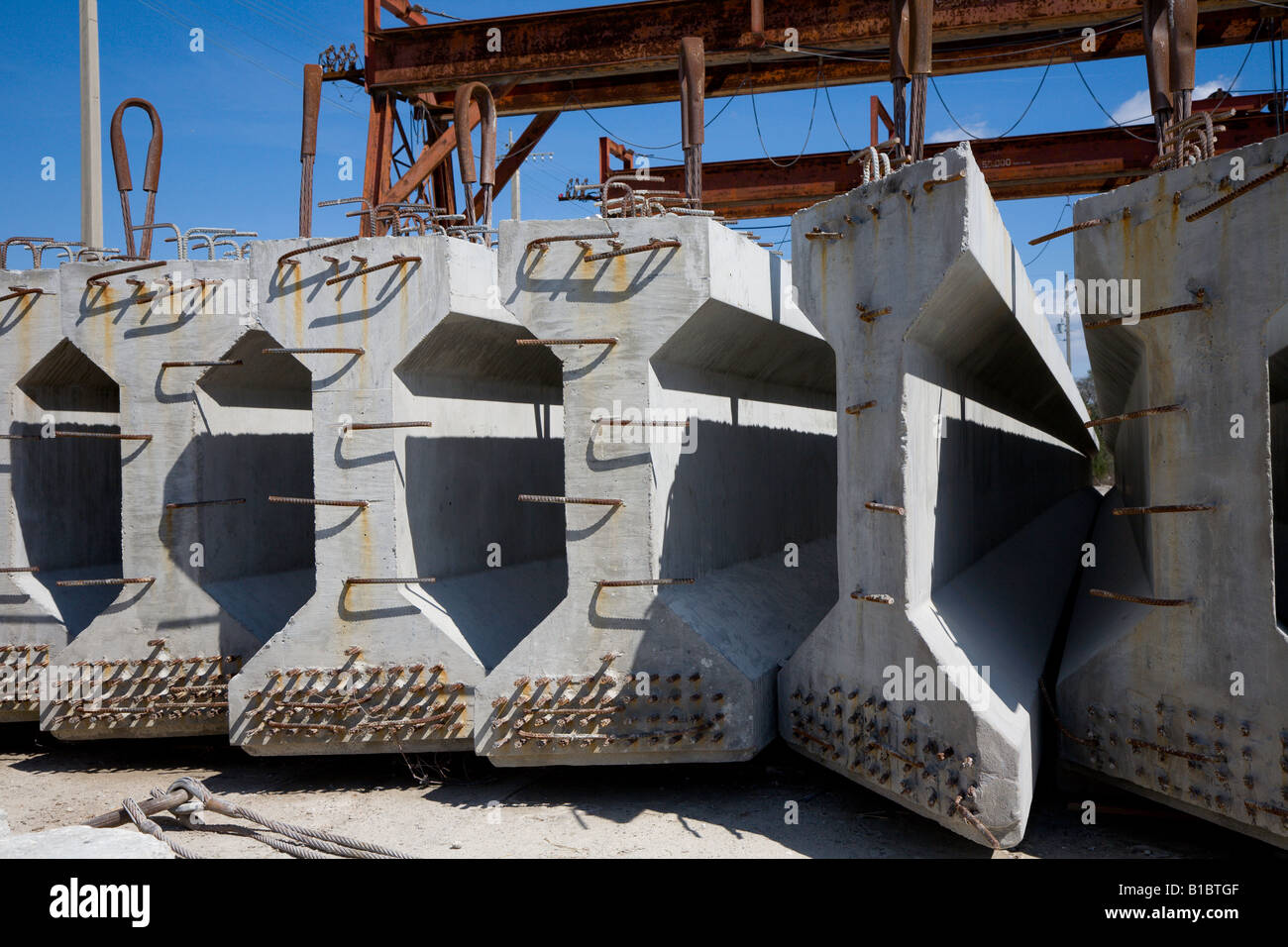
Your water heater is an important appliance in your home. It heats water to run the water heater and allows you to shower, cook, and wash laundry. It's a good idea that a Columbus water heater repair expert inspect your system. This will ensure that it is running efficiently and doesn't cause any other issues.
Water heaters should be drained every year to remove any sediment that has built up over time. This will increase the lifespan of your heater and help it last longer.
It could indicate that your water heater needs to be replaced if it isn't performing as it should. This is especially true in cases where your water heater does not produce as much heat as it used. This is especially true if you have a large household.
It's a smart idea to change your water heater if your heating bills are getting too high. Your water heater may be heating water at a higher rate than normal, leading to higher electric and gas bills.

If you have a Columbus water heater repair professional inspect it, they will be able to tell you when it is time for replacement. The best time to replace a water heater is before it starts to break down.
Choosing the right type of water heater is crucial to ensuring your unit will last for many years to come. There are two main types of water heaters: tank-based and tankless.
Tank-based water heaters make use of a tank to hold water to distribute throughout your home. Additionally, the thermostat is used to regulate the temperature. The tank can be made of stainless steel, or another durable material. It also comes in different sizes to fit your needs.
There are many models and brands of water heaters available. Some are more efficient than other. A heat pump water heater is more efficient than a traditional tank heater and uses less electricity. It also has a longer lifespan.
Consider the cost of replacing your water heater. It will vary depending upon the size and type of your unit. It is also important to factor in the costs of repairs, which will add up over time as your old water heater ages and fails.

A plumber can recommend the right type of water heater for you. There are electric, gas, and tankless water heaters. Some are more efficient that traditional tanks.
Your plumber can also install a whole-house water filtration system to ensure that your pipes are filtered of minerals and sediment that might have built up over time. A filtration system can improve the taste of your water and help to reduce the chance of your plumbing systems malfunctioning or clogging.
FAQ
Who is responsible for paying for the service
Your SCA defines who is responsible for paying for the service. The service provider may be entitled to compensation if it isn't paid in full.
What documents should I bring when I apply for building permission?
Additional to your SCA, you will need proof that:
-
Visitors will find enough parking space.
-
There are several access routes that can be used.
-
All utilities are available; and
-
All works conform to applicable planning regulations.
What are the payment terms for the service/contractor I am required to pay?
The type of service provided will determine the payment schedule. For example, if you hire a contractor to install a new roof, you would typically make payments as soon as the work was completed. A supplier might require you to test and receive the item before you pay.
How much does it take to get building permission?
It will vary depending on where you live and how complex your project is. It also depends on whether your application is for permission to construct or extend an existing house. The application process can take several months, so be prepared to wait until everything is finalized.
Are there other things I should consider?
Yes. You should check the laws in your area about the types of projects that you are permitted to undertake and the requirements you must meet. Some states require that you get council approval before you build. Other states say that you only need to notify them of your plans. Find out the position of your local authorities on this matter by checking with them.
Statistics
- (1) Ascertain the extent to that offers are based on the payment of overtime and shift premiums; and (2) Negotiate contract prices or estimated costs without these premiums or obtain the requirement from other sources. (acquisition.gov)
- Don't take their anger personally, they are mad about the situation 99% of the time. (activatemylicense.com)
- (v) Place or places of performance of the prime contract and first-tier subcontracts estimated at $10 million or more, if known. (acquisition.gov)
- (ii) Name, address, and telephone number of each proposed first-tier subcontractor with a proposed subcontract estimated at $10 million or more. (acquisition.gov)
- Reasonable late fees go up to 25% per year on unpaid sums. (lawdepot.com)
External Links
How To
How can I start to negotiate my first service contract?
Negotiating the terms of a first service agreement can seem like a daunting task.
Negotiating the terms of a contract is not difficult.
It all depends on how well prepared you are.
Before you start to negotiate, ensure you are familiar with the terms and conditions for your first service agreement.
You should be clear about what you will do for your customer.
Know what the customer is expecting from you.
Once you have a clear understanding of your expectations, you can prepare for negotiations.
The more information that you have, the more prepared you'll be for the meeting with the other party.